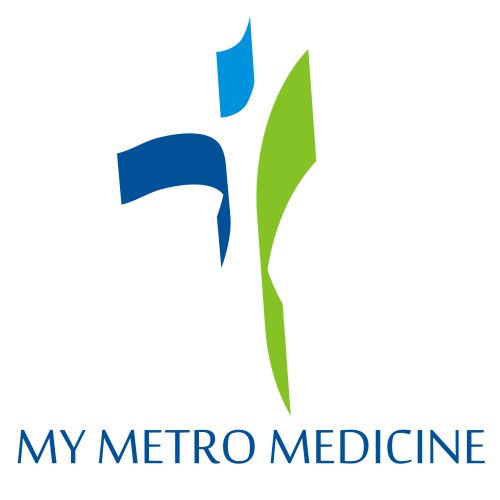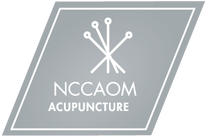|
In a world where we spend the majority of our money paying our bills and a significant amount of time organizing our finances, we somehow manage to find ourselves with a clean bill of health. Strangely though, it is believed by many that the United States provides some of the best healthcare in the world even though we soar past everyone in terms of healthcare expenditure. It is also believed that we Americans are some of the unhealthiest people in the world even though we are a nation of immigrants which means that it is not one group of people who are the unhealthiest, it is the lifestyle of every person who lives here. The phrase "a clean bill of health" is usually provided to someone who is recovering from an illness or injury and is finally able to function on their own without assistance or any apparent risks to his or her well-being. It is a phrase that has been adapted to fit every aspect of our society. Vehicles are given clean bills of health. Buildings are given clean bills of health. Even technology is given a clean bill of health. And, of course, humans are as well. This process of routine inspection is often done by an outside professional, e.g. primary care physician, who is skilled in searching for potential problem areas that could place an entire system at risk. Essentially, they are on a mission to find what is wrong. But has anyone been hired to search for what is right or functioning well? Why is it that we don't spend time highlighting these parts and, as a result, take them for granted? Think about it. What phrases do you most often hear in a workplace? Do any of these sound familiar? "There's a crisis at work." "I have too much on my plate right now." "What issues [problems] should we focus on?" "Come up with a resolution by the end of the week." "We've been fighting with this for a long time now." And then there is the frightening word "deadline", which connotates something different altogether. A "clean bill of health" is more than the erasure of harmful elements from one's physiology. It is a realization of one's individual responsibility to his or her state of being. It is very easy to see a system that is functioning well and put it aside until it reaches a state of dysfunction. By doing so, we can then put on our perfectionist glasses and work towards adding to this well-functioning system by diagnosing, and ultimately correcting, what is imperfect. Over the course of time, humans have successfully created a culture of fix-it mentalities. We are trained to look for problems, and we are just as determined to solve them. This approach has formed the idea that a "clean bill of health" is dependent upon the absence of negative influences and little to no risk to well-being.
So whose responsibility is it to determine and maintain this "clean bill of health"? Well, of course it is up to us all individually. So then, what if we started looking at our own "bills of health" from a different perspective? What would happen if we highlighted the accomplishments of our health and focused on enhancing them on a routine basis that would effectively remind us of the positive changes constantly occurring in our lives? Might this eventually reverse the negativity programmed into the standard approach to care; the constant need to fix things? A "clean bill of health" is more than the erasure of harmful elements from one's physiology. It is a realization of one's individual responsibility to his or her state of being. It is a bill that needs neither paid no passed. It simply requires your attention one day at a time to remind you how to thrive rather than just survive.
2 Comments
|
Posted here are...inspirational ideas on healthy living through eastern medicine, optimism, and possibility through empowerment. Archives
March 2020
Categories
All
|
HOURS & LocationMondays-Thursdays 5:30-6:30pm (Tai Chi & Qigong only)
Fridays 5:00-6:00pm (Tai Chi & Qigong only) Saturdays 1:00-6:00pm (Acupuncture only) |
CONTACT Us |



 RSS Feed
RSS Feed



